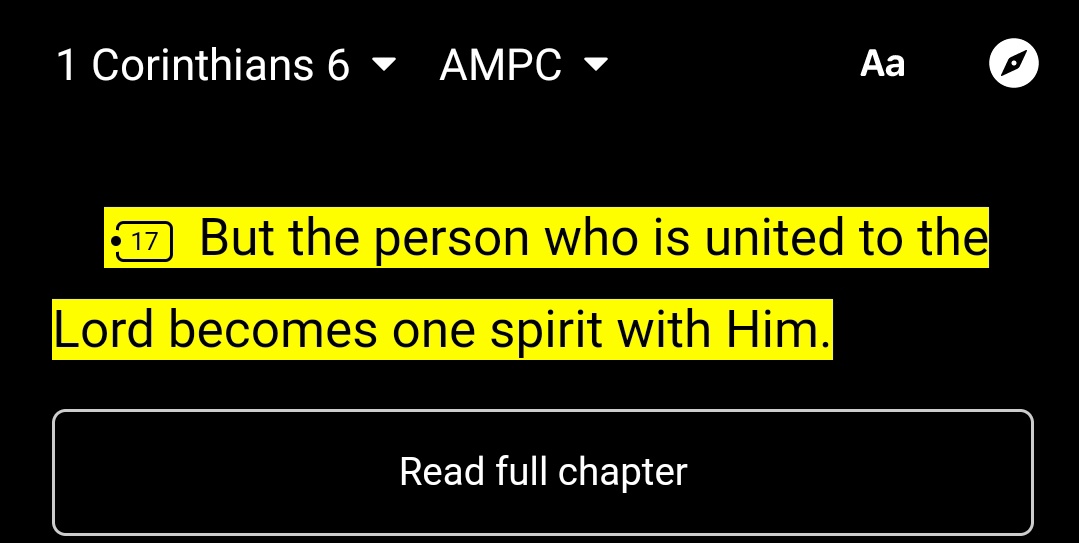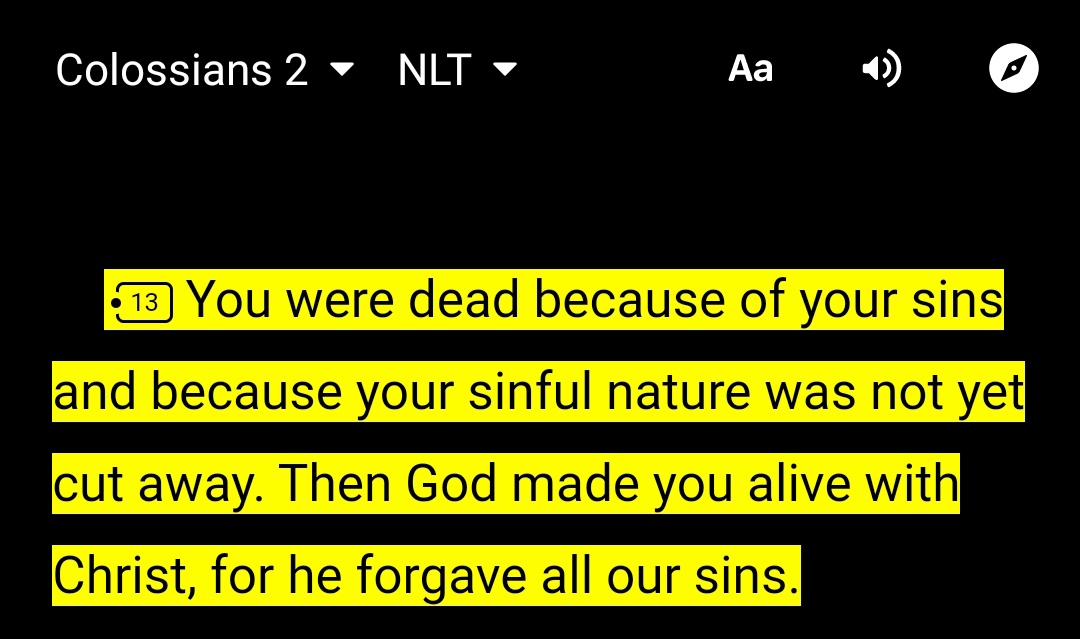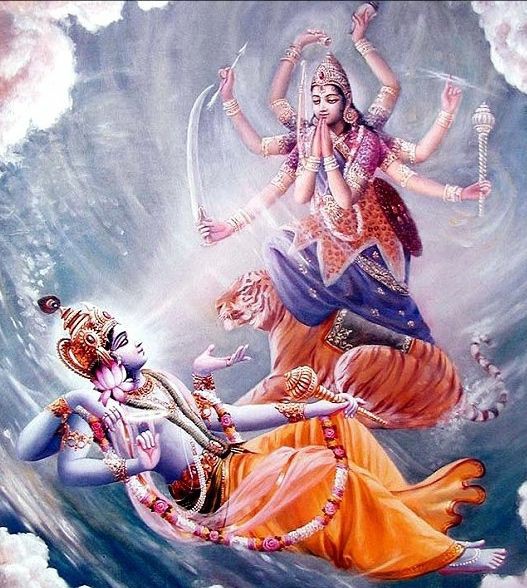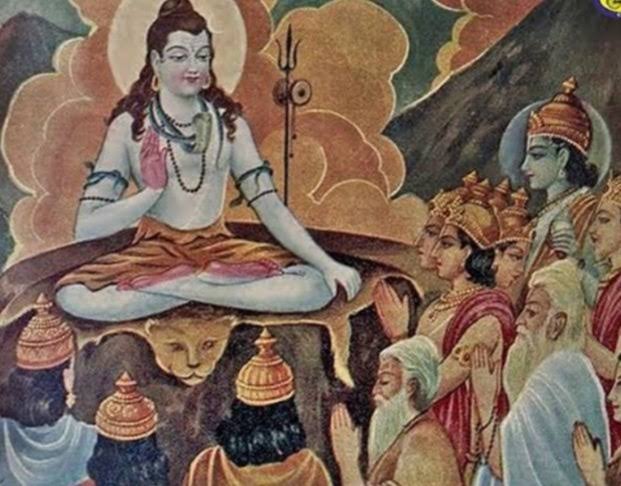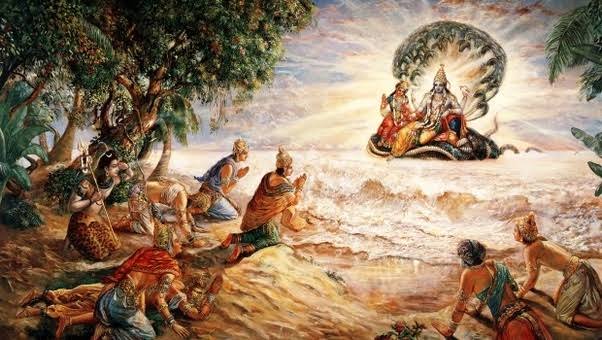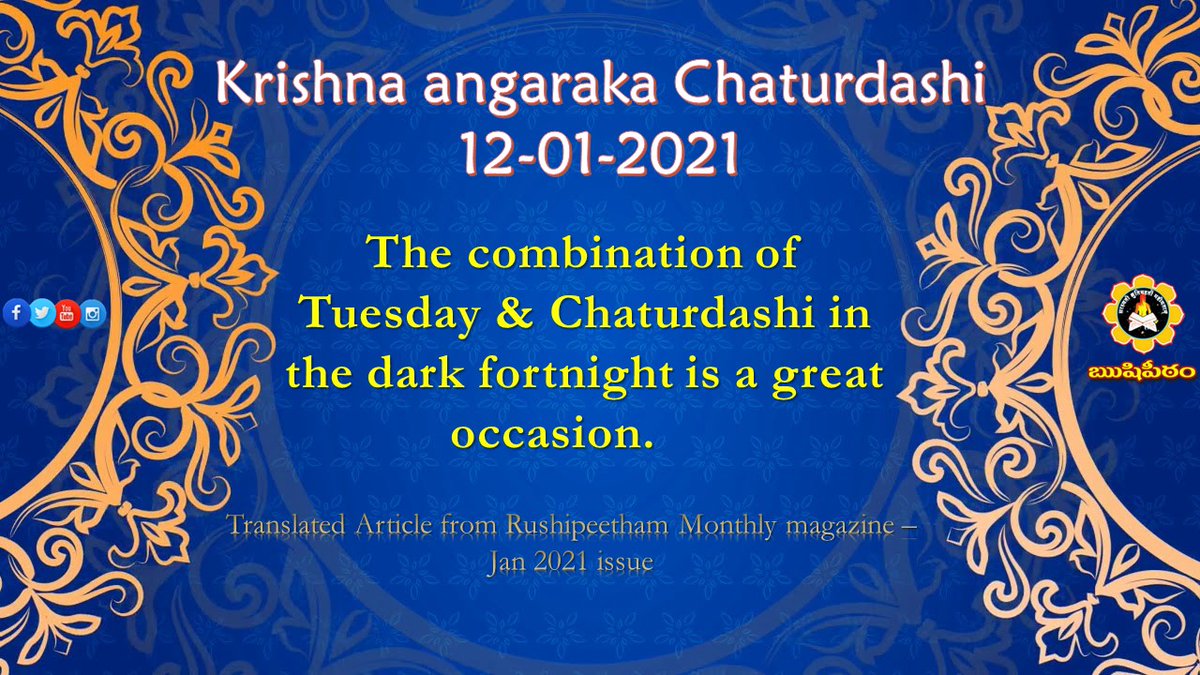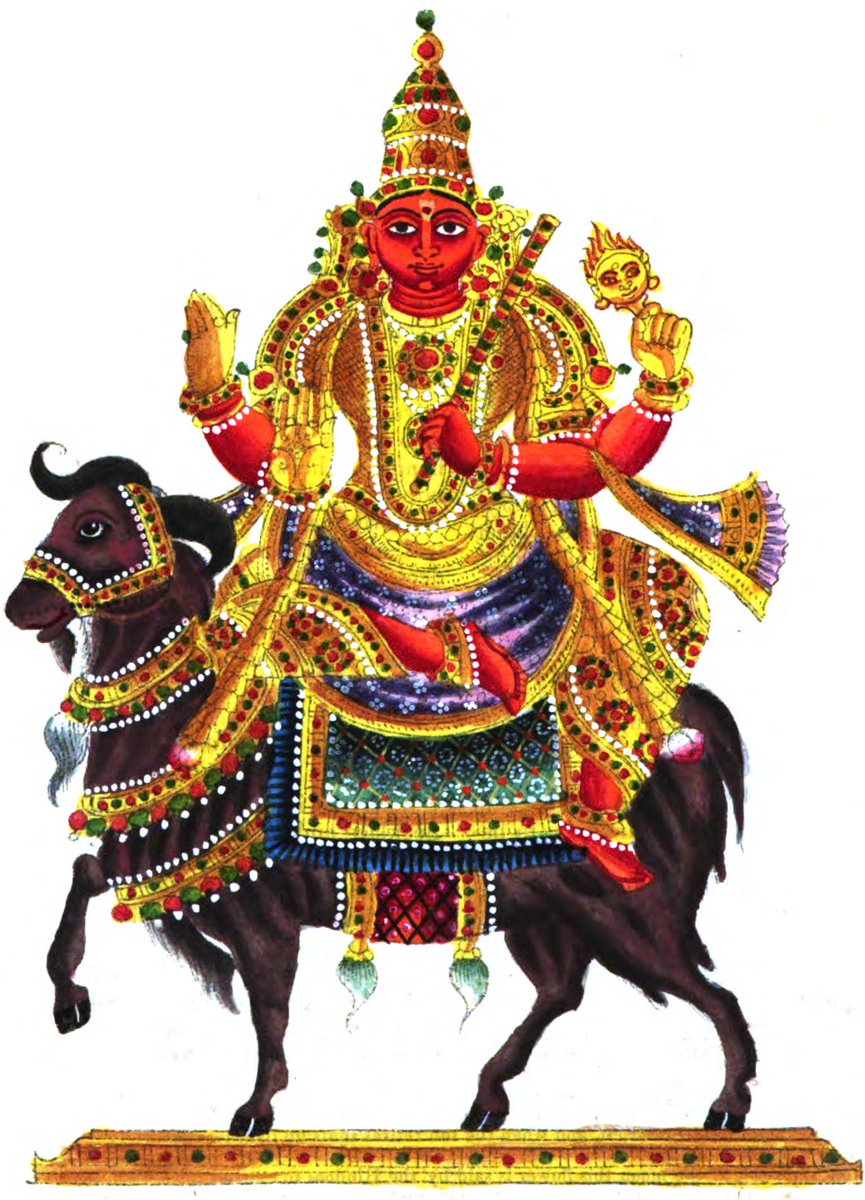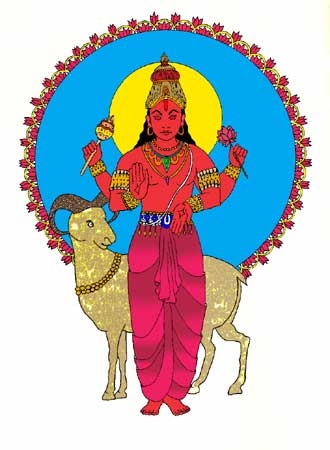Mollyycolllinss Categories Religion
If you don’t have a spiritual practice, this wouldn’t be the worst time to start one.
1/x
Hey, today I told my therapist that the adrenaline I\u2019ve been relying on for the past 10 months or so has kinda... run out.
— Erynn Brook (@ErynnBrook) January 31, 2021
He said he\u2019s been hearing that from like every other client this month, so if you\u2019re feeling that too, you\u2019re not alone.
Thread on why
This, from @LeeClf. Read the whole quote (from 1998 or therebouts.)
— Rabbi Danya Ruttenberg (@TheRaDR) June 2, 2020
"If we have never developed our religiousness -- that part of ourselves that involves our most powerfully transformative capacities -- it's as if we were walking around with one arm tied down....
Do yr spiritual practice. Even when you don't feel like it.
“Hardly does our head begin to ache than we stop going to choir, which won’t kill us either. We stay away 1 day bc our head ached, another bc it was just now aching & 3 more so that it won’t ache again.” Teresa of Avila
Ok: a spiritual practice. Something that you do regularly, and if you do it with the right intention, can transform your relationship to yourself, other people, the world and your place in it and (if this resonates with you) the divine.
Prayer. Meditation. But also: making art. Walks in nature. Going running, for some people. I wrote a whole entire book on parenting as a spiritual practice. Intention matters.
You don’t have to be religious to have one.
But your statement that it also mean " that God is my God " is misleading . It depends on the doctrine of that monotheistic religion .
\u201cMonotheism\u201d does not mean \u201cGod is one.\u201d It means \u201cthere is one God, that god is MY god, all others are FALSE gods.\u201d
— Sankrant Sanu \u0938\u093e\u0928\u0941 \u0938\u0902\u0915\u094d\u0930\u093e\u0928\u094d\u0924 \u0a38\u0a70\u0a15\u0a4d\u0a30\u0a3e\u0a02\u0a24 \u0a38\u0a3e\u0a28\u0a41 (@sankrant) January 27, 2021
There is no concept of \u201cfalse gods\u201d in Advaita or Hindu philosophy, no concept of \u201cshirk.\u201d
Monotheism is an imperialist ideology of intolerance and erasure. https://t.co/WsDX6pzK5R
From Islamic monotheism , Allah never said that he is Creator of Arabs . He is Creator if all in creation . So from a doctrinal pov your statement doens't hold up .
B ) how did u write Advaita = hindu philosophy ? Do u want me to mention difference between Advaita and dvaita ?
" There is no concept of shirk in Hinduism " . This is a red hearing , No One claimed Hinduism also has concept of shirk .
2. Tribal God ? In Islamic doctrine . No where it says Allah is Only God of Quraish tribe .
It was always " ilahi n Naas " , not to mention islamic was always about one's belief & not race/ethnicity , So it was never tribalistic in its Nature
Most Hindus don\u2019t understand this (Sikhs do even less).
— Sankrant Sanu \u0938\u093e\u0928\u0941 \u0938\u0902\u0915\u094d\u0930\u093e\u0928\u094d\u0924 \u0a38\u0a70\u0a15\u0a4d\u0a30\u0a3e\u0a02\u0a24 \u0a38\u0a3e\u0a28\u0a41 (@sankrant) January 27, 2021
Neither Sanatan nor Sikhi is \u201cmonotheistic.\u201d Monotheism is an ideology of supremacy, the elevation of a petty tribal god to the pretense of the Universal. It is ignorant tribalism universalized.https://t.co/yZkdxr7emP https://t.co/JDhOHnmGIT
& If someone's doctrine is to be Questioned for being tribalistic , It's Hinduism . It's a ethnico religion . Originated on the banks of Indus river , With special mentions to " Aryans " in 4 vedas.
Even after 4000 yrs , 95% of it's followers live in India .
I can assure you, it is NOT.
It is neither easy-going, nor non-persecutory. In fact it is the very opposite.
Thread.
Hinduism was historically one of the world's most easy-going faith traditions, famed for its non-persecutory history. Now this ... pic.twitter.com/Obln4cns7b
— David Frum (@davidfrum) February 3, 2021
Modern Hinduism is a British colonial concept, created in concert with Brahmins, who are at the "apex" of the caste system. The word "Hindoo" in fact, is of Persian origin, meaning a person who lives in the Indus valley.
Colonialists who attempted to study Indian religion in the 18th century (NOT, at the time, Hinduism) were baffled by it. Strata of people living distinctly (the caste system) with overlapping gods didn't fit into their Judeo-Christian understanding of religion.
Which has an ecclesiastical authority, a holy book etc., which Indian religions lacked. In studying "The Hindoo", colonialists prioritized textual sources of knowledge, which is where Brahmins, the priestly caste with a monopoly over education/text come in.
Brahminism was a distinct "religion" (although i don't really want to use the term in this way) that was frankly terrorized of other castes. In fact, the very basis of Brahminism is oppression. Brahmins had scholars who recorded *Brahminical* canon textually.






















